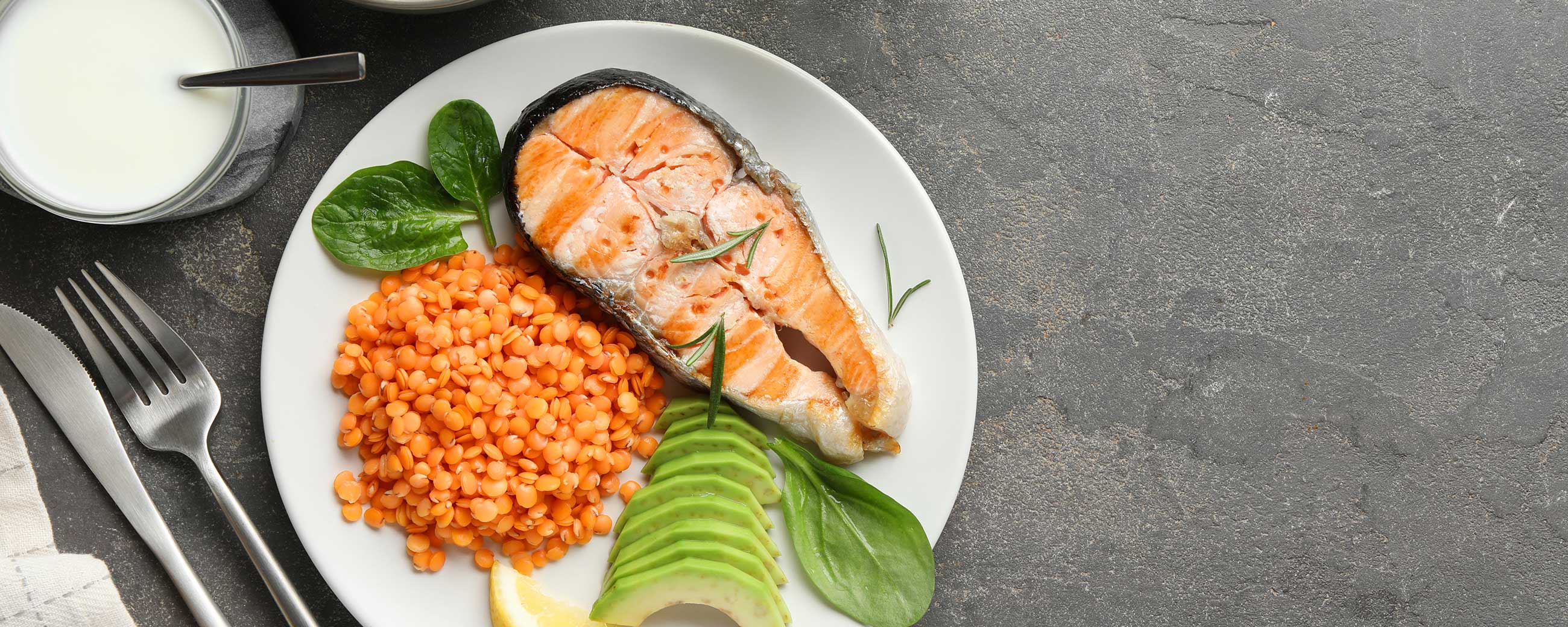Does a ketogenic diet increase your risk of gout?
There is a short-term increased risk of gout flares when initially entering into nutritional ketosis due to the competitive inhibition of ketones on kidney excretion of uric acid (Veech, 2004). This is transient, and once one is through the keto-adaptation process, the long-term risk of gout decreases (Hussain, 2012).
Dr. Stephen Phinney on ketogenic diets and gout
Very few people who are not prone to gout (it's partially genetic) have an attack due to starting a ketogenic diet. The overall prevalence in the general population is about 1-2%—this includes those who are prone and those who are not.
A well-formulated ketogenic diet has potent anti-inflammatory properties that we are just now coming to understand. The primary ketone in our blood, beta-hydroxybutyrate (BOHB), is a regulatory signal that works inside white blood cells to reduce inflammation. Most recently, a well-known research group at Yale have studied the ketogenic diet in rats and in humans, and demonstrated that it actually has a protective effect against joint damage caused by gout (Goldberg, 2017). They've worked out the mechanism, and in the process demonstrated that BOHB can reduce damaging inflammation without reducing the benefits of inflammation such as healing and our defenses against infection. What this indicates that a well-formulated ketogenic diet may actually be beneficial in the management of gout.
Bottom line: A well-formulated ketogenic diet is not a contraindication in people with a history of gout. But once through the keto-adaptation phase, consistency with the diet is advised in order to avoid repeated swings in blood uric acid level caused by going in and out of nutritional ketosis.
Citations:Goldberg EL, Asher JL, Molony RD, et al. β-Hydroxybutyrate Deactivates Neutrophil NLRP3 Inflammasome to Relieve Gout Flares. Cell Reports. 2017; 18:2077-2087
Hussain TA, Mathew TC, Dashti AA, Asfar S, Al-Zaid N, Dashti HM. Effect of low-calorie versus low-carbohydrate ketogenic diet in type 2 diabetes. Nutrition. 2012 Oct;28(10):1016-21. doi: 10.1016/j.nut.2012.01.016. Epub 2012 Jun 5. PubMed PMID: 22673594.
Veech RL. The therapeutic implications of ketone bodies: the effects of ketone bodies in pathological conditions: ketosis, ketogenic diet, redox states, insulin resistance, and mitochondrial metabolism. Prostaglandins Leukot Essent Fatty Acids. 2004 Mar;70(3):309-19. Review. PubMed PMID: 14769489.




